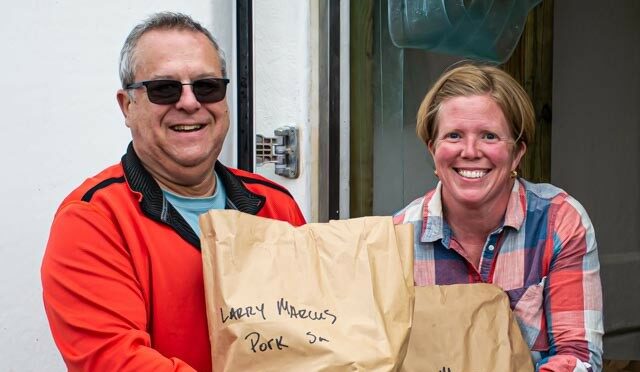

Today we’d like to introduce you to Sarah Schloss. They and their team shared their story with us below:
Washtenaw Meats was started in 2021 by Sarah Schloss of nkidsfarm (Dexter) and Colleen Dauw of Dancer Creek Farm (Dexter). These two women farmers, managing small farms and large families, started collaborating on a number of projects. These experiences proved overwhelmingly positive as they allowed each individual farm to grow and operate more efficiently.
As the farms (and families) continued to grow, it became clear that the complicated endeavors of raising animals, processing animals, transporting animals, direct marketing, accounting, etc., are extremely complicated and are a lot for individual families to take on all by themselves. Using their successes working together as inspiration, Colleen and Sarah started dreaming of ways to continue to help each other and other small farms. When covid hit and processing facilities shut down, it became imperative for small farms to work together to take care of their operations, but it also became critical to get their products out to the local community. Washtenaw Meats became the avenue for small farms to reconnect and feed the community together.
In 2022, Washtenaw Meats made investments in shared freezer space and trailers. David Cobler of Sabbath Farm (Ann Arbor), became a third owner and accelerated wholesale relationships with area retailers and restaurants. Megan Goldenberg of Goldfinch Farm joined in to support marketing and direct-to-consumer sales.
In 2023, Washtenaw Meats co-hosted a small livestock processing town hall meeting with additional stakeholders to discuss the lack of processing facilities in the area and how that jeopardizes community food security and resilience.
We continue to collaborate with area farmers, sell to community members and businesses, and push for more investments in food systems infrastructure in the area.
I’m sure it wasn’t obstacle-free, but would you say the journey has been fairly smooth so far?
In the world of farming and meat processing, there are no smooth roads. This work is hard and complicated. But supporting the farming community while maintaining the stability of the food supply for our families and our community is an extremely important goal, and we are willing to work hard to get there. Some challenges and struggles include right sizing infrastructure for our scale; marketing and sales; combating misinformation and surrounding, raising, processing, and eating meat; accessing capital; finding technical services providers that are familiar enough with agricultural; and negotiating relationships.
We’ve been impressed with Washtenaw Meats, but for folks who might not be as familiar, what can you share with them about what you do and what sets you apart from others?
Our business is focused on transparency. We are livestock farmers, first and foremost, and we feel that it is crucial that all of the farmers that we work with are rightfully acknowledged for their hard work, care of their animals, land stewardship, and perseverance in this difficult and not-so-profitable business. Farmers do it because they love it, not because they want to get rich. To this end, we formed our business in such a way that the farmers would be not only well paid, but their farm name would be prominently displayed on each package of meat, on our website, and on social media. Our goal is to direct the consumers that buy our products back to the farms from which they came. We want consumers to have a connection to the farms while at the same time having a purchase experience that is easy and straightforward.
This is how it works. We buy whole animals from farms, process them at USDA processing facilities, and gather the meat all together at a central freezer. All meat is categorized and stored according to cut. Consumers, wholesale outlets, and restaurants place their orders at any time through our online store and choose their preferred pick-up or delivery date. We pack the meat orders and distribute them to customers on set distribution dates. In the consumer side of the store, all meat is sold in bundles of various sizes, which are designed to represent the make-up of cuts in the whole animal. We do not sell meat by the single cut. This approach requires an educational component because consumers are not accustomed to purchasing meat in this manner. In this way, we are able to move whole animals from local farms into the kitchens of local customers and local restaurants.
We have been in business for just two years, and in that time, we have supported area farms with the purchase of more than 1,000 large animals (cows, pigs, lambs, and goats) and almost 5,000 chickens and turkeys. All of that meat has gone directly into the hands of local consumers and restaurants.
Any advice for finding a mentor or networking in general?
Agriculture and raising livestock is such a particular niche that finding a mentor and networking in the industry is essential to survival. We really rely on all our partners coming to the table with compassion, grace, and transparency, with the mindset that we’re all in this together as an agricultural collective feeding our communities. We find the people that align with our mission and vision, and then we hold them tightly.
Contact Info:
- Website: www.washtenawmeats.com
- Instagram: https://www.instagram.com/washtenawmeats/
- Facebook: https://www.facebook.com/WashtenawMeats
- Yelp: https://www.yelp.com/biz/washtenaw-meats-no-title?osq=washtenaw+meats
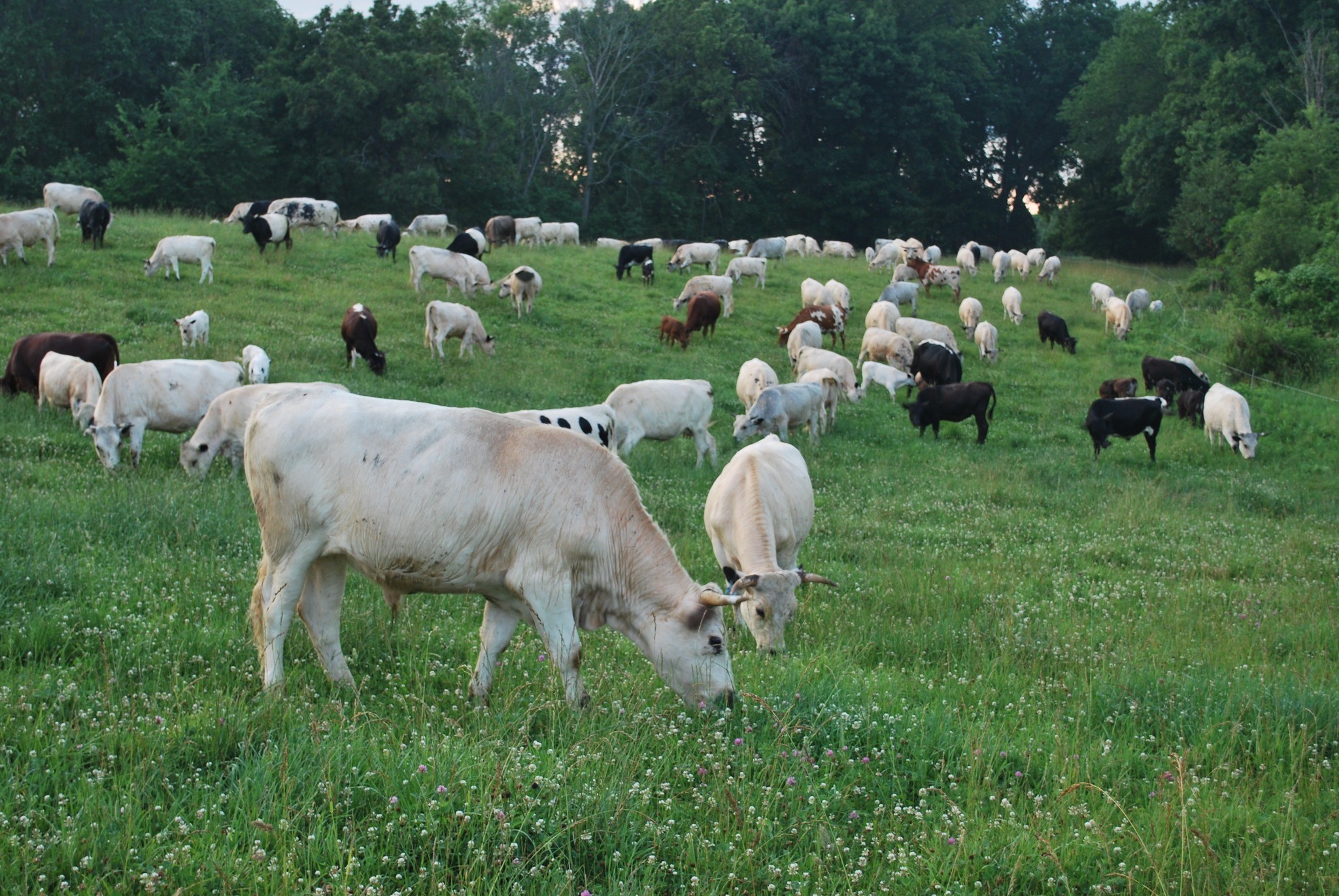
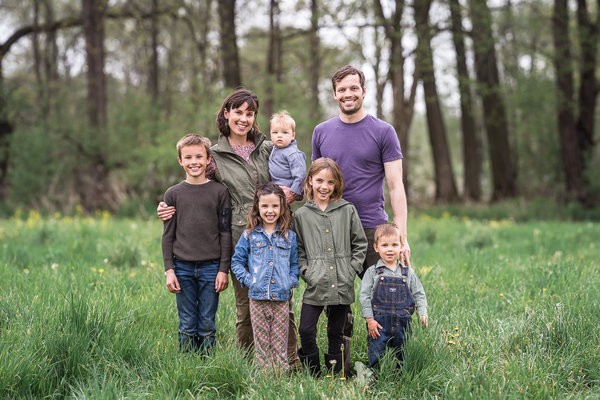
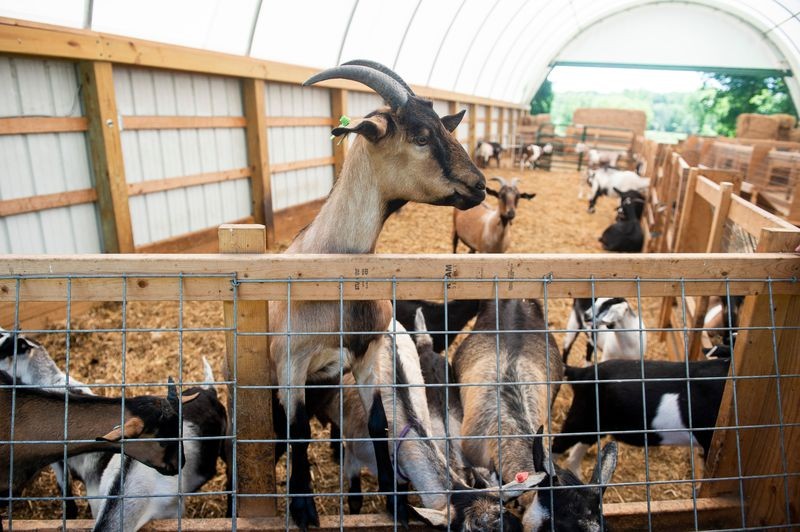
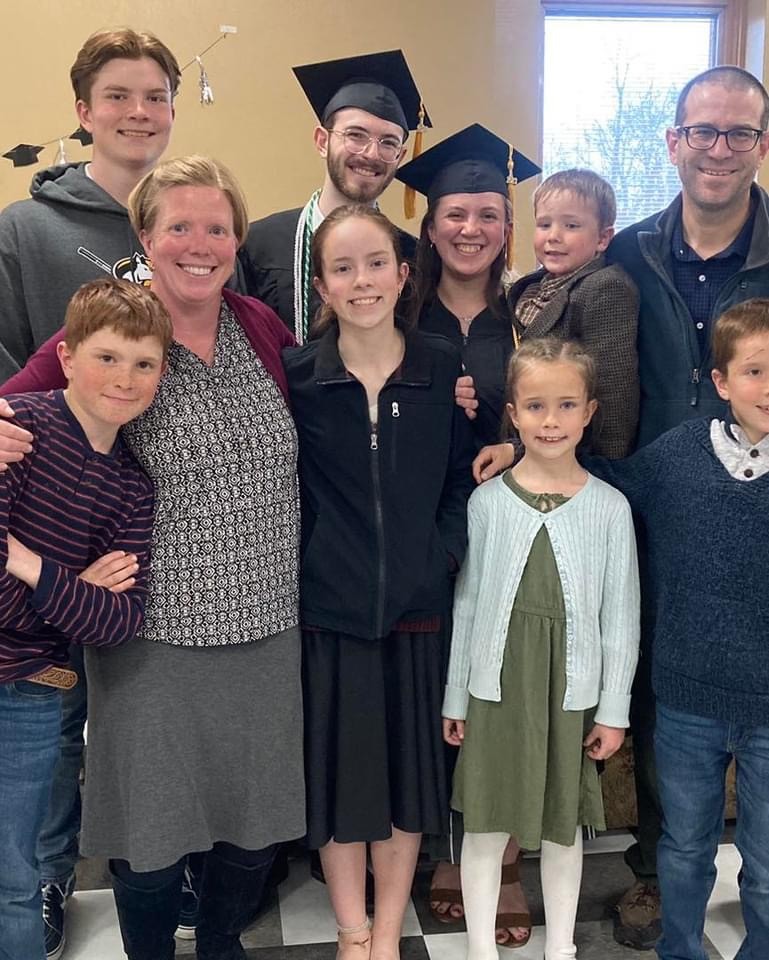
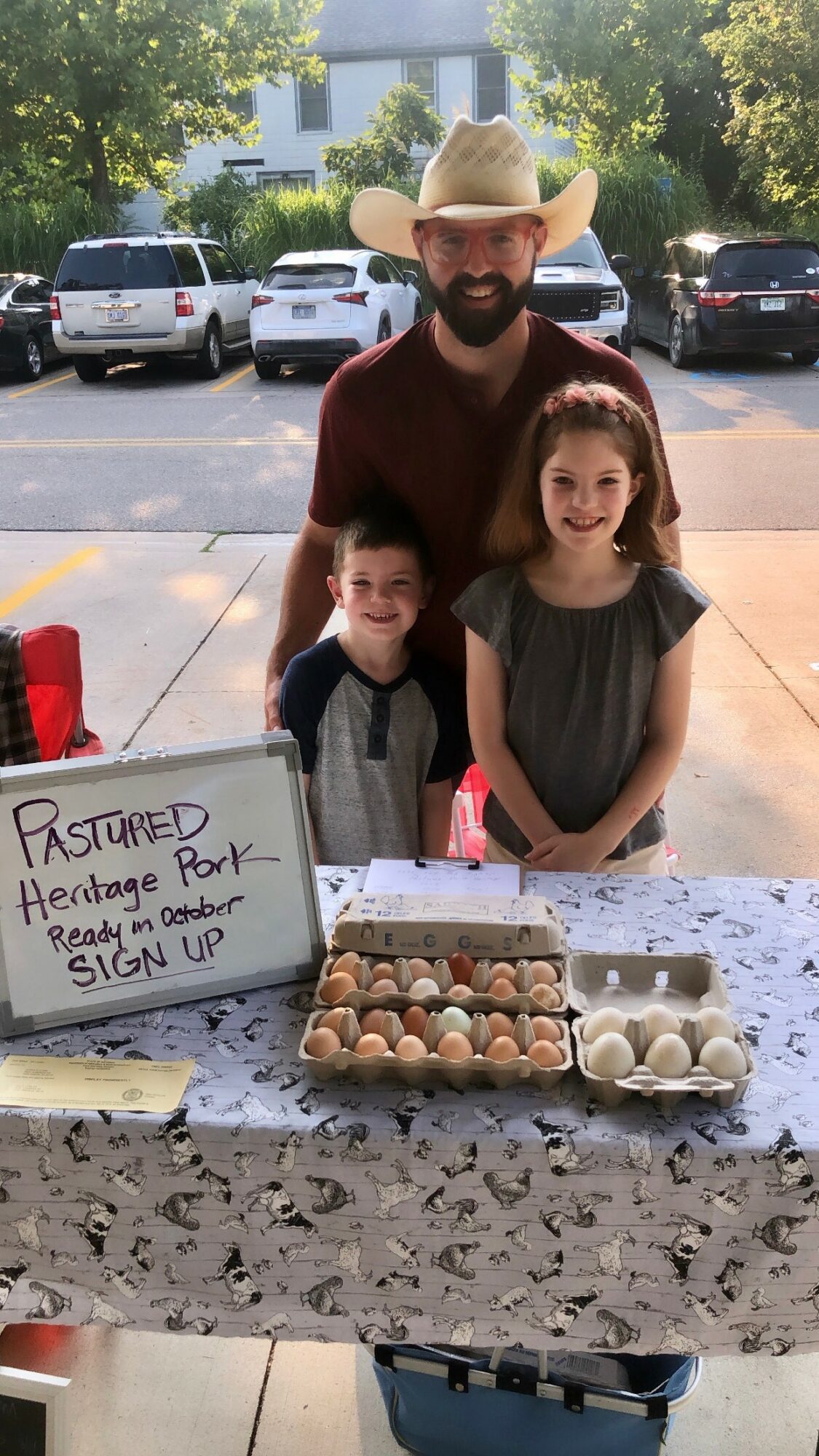
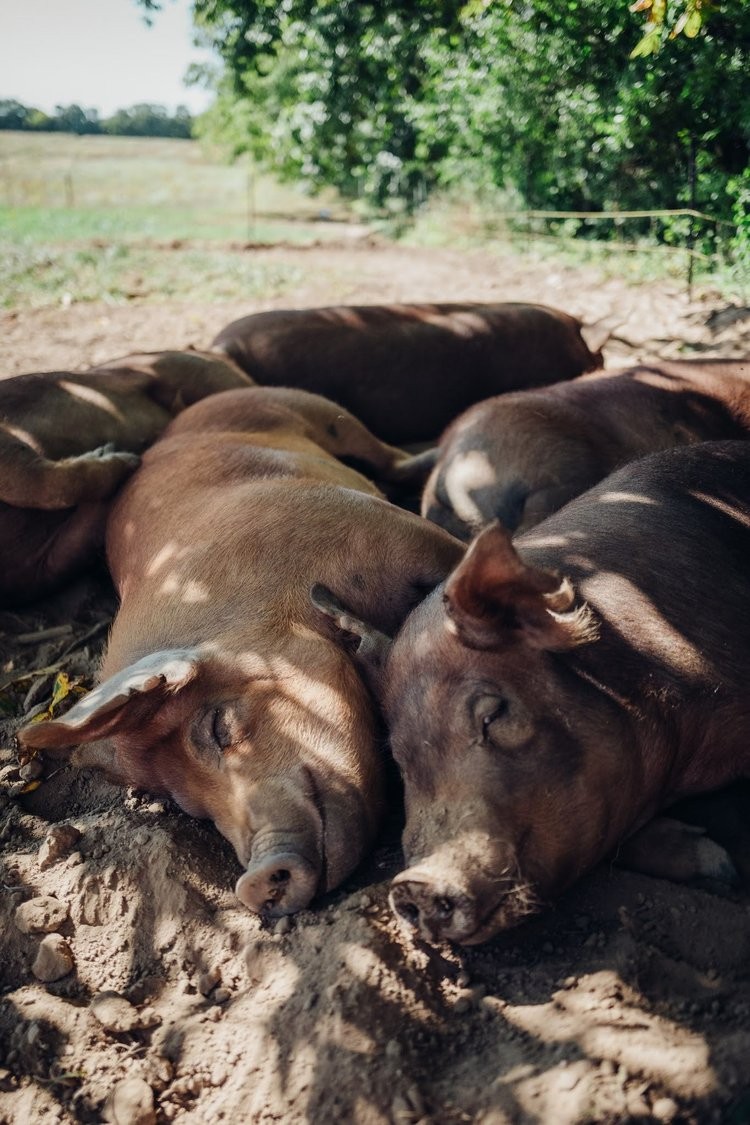
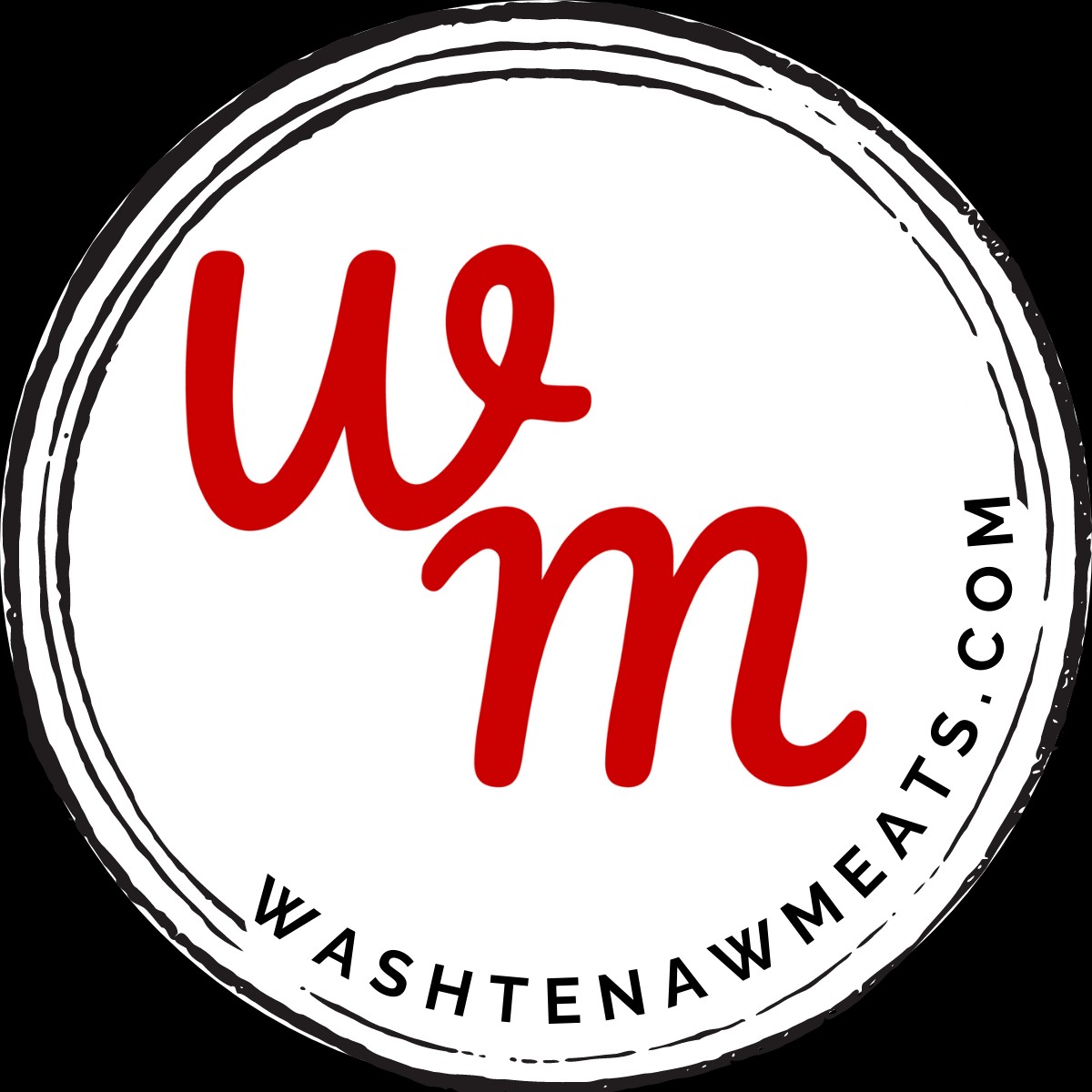
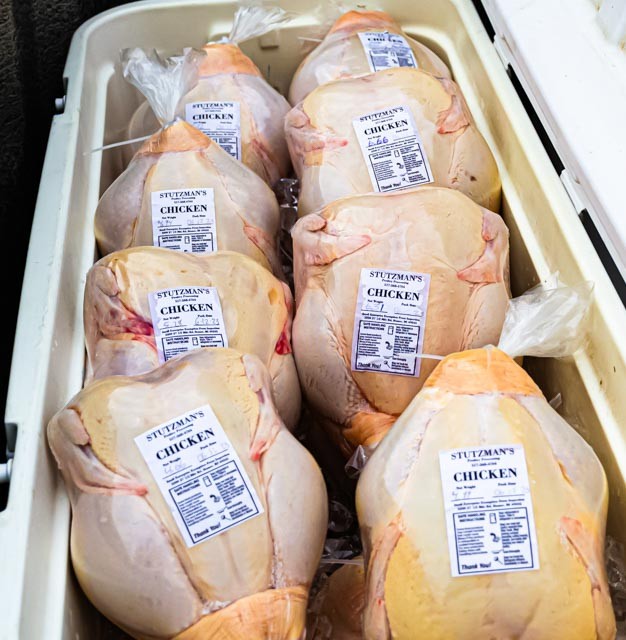
Image Credits
Randall Messick
David Cobler
Jacob Hamilton











